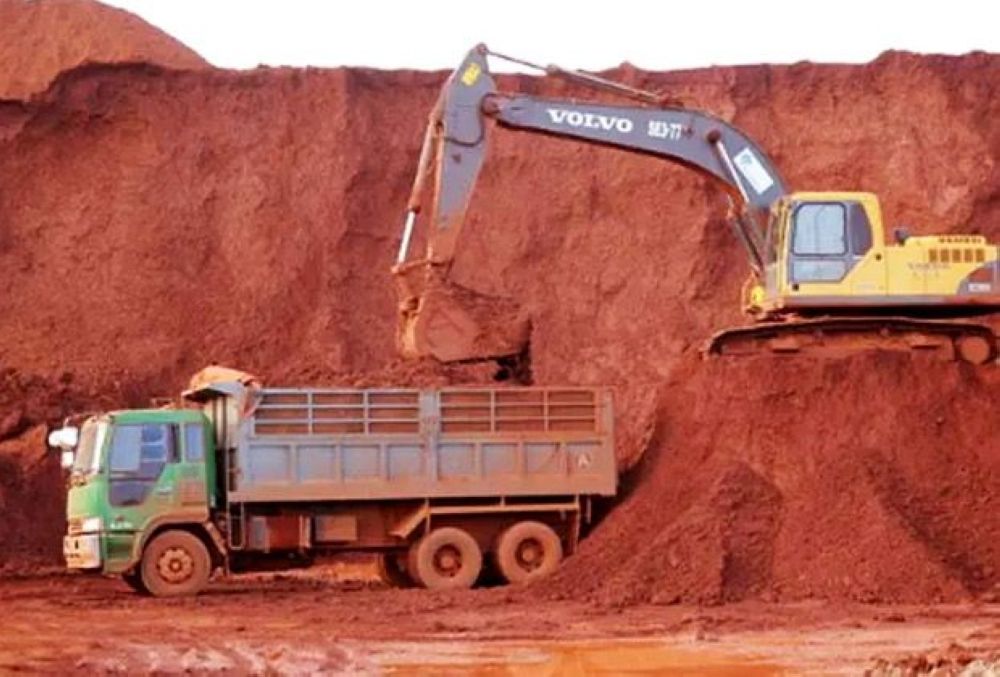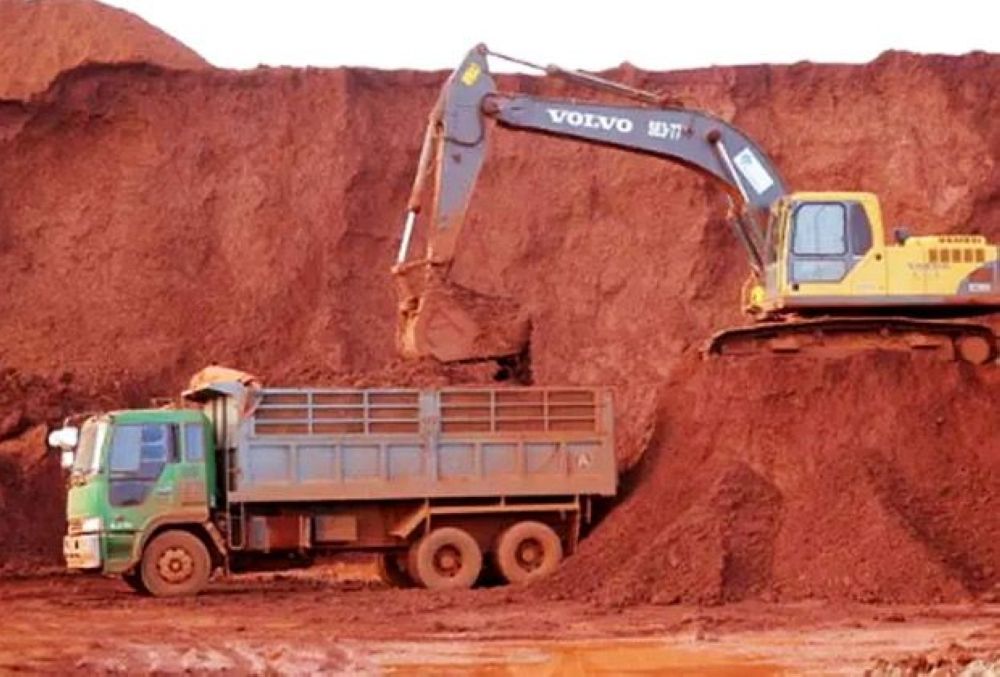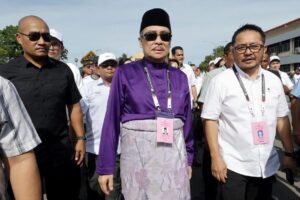
KUALA LUMPUR: Malaysia still lacks the technology and expertise needed to harness its rare earth elements (REE) resources, says the Natural Resources and Environmental Sustainability (NRES) Ministry.
“Although Malaysia is among the few countries with REE resources, the development of this industry has not progressed rapidly due to several factors,” it said in a parliamentary written reply dated August 27.
It said that the main reason is that Malaysia is not fully equipped with the expertise and technology to harness these resources.
For example, the REE mining project in Mukim Kenering, Hulu Perak is being carried out using in-situ leaching technology in collaboration with China.
Despite various parties claiming to possess the relevant expertise and technology, it has yet to be proven at a commercially viable level.
The absence of local processing plants to separate valuable REE from local sources is also a major barrier to industry development.
Currently, China dominates the entire REE value chain, including the processing stage.
“China has also imposed export restrictions on related technologies to maintain its dominance and prevent competition from other countries, including the United States,” it said.
A moratorium has been imposed on the export of raw REE to support the development of local processing facilities.
“Although this affects upstream industry development, the government sees it as a strategic decision to prevent Malaysia’s REE resources from being mined and exported in raw form, which would be a long-term economic loss,” the ministry said.
The lack of comprehensive and detailed data on the location, quality and land status of REE resources is another challenge.
A preliminary study by the Department of Minerals and Geoscience Malaysia (JMG) in 2019 estimated the country’s potential REE resource at 16.1 million metric tonnes, but this remains at the inferred resource level and needs further study to confirm mineable reserves.
These studies must also consider government policies that do not support mining in Permanent Forest Reserves (HSK), Environmentally Sensitive Areas (KSAS) and protected reserves.
The demand for REE has increased sharply in recent years due to major shifts in global technology and clean energy transition policies.
Increased investment in this sector has driven up demand for REE, which are crucial materials in the production of super magnets used in wind turbines and electric motors.
In addition, REEs are essential in various high-impact sectors such as satellites and defence, smartphones and robotics, prompting many countries to list them as critical or strategic minerals.
The ministry was responding to a question from Datuk Ku And Rahman Ku Ismail (PN–Kubang Pasu) on the factors that have hampered Malaysia’s progress in developing the REE industry.






